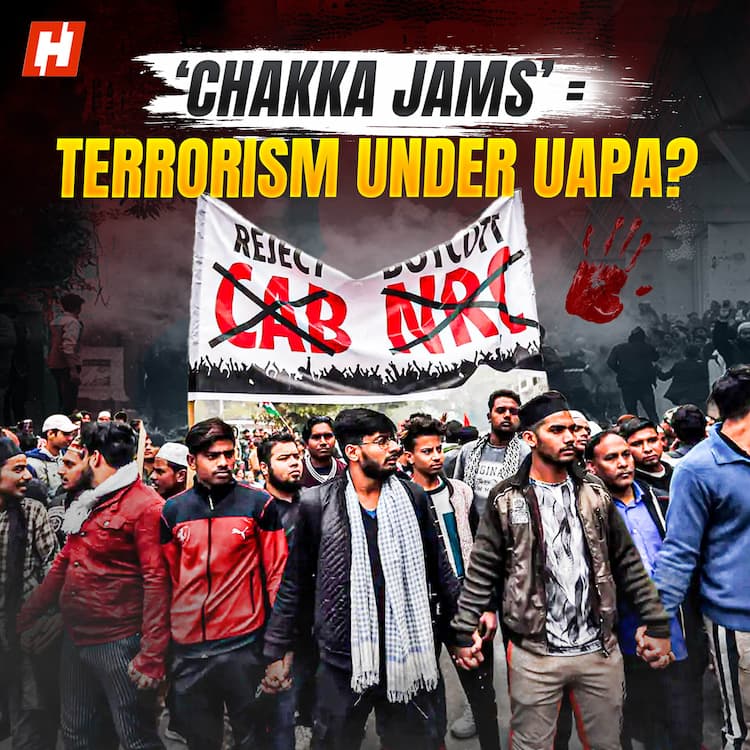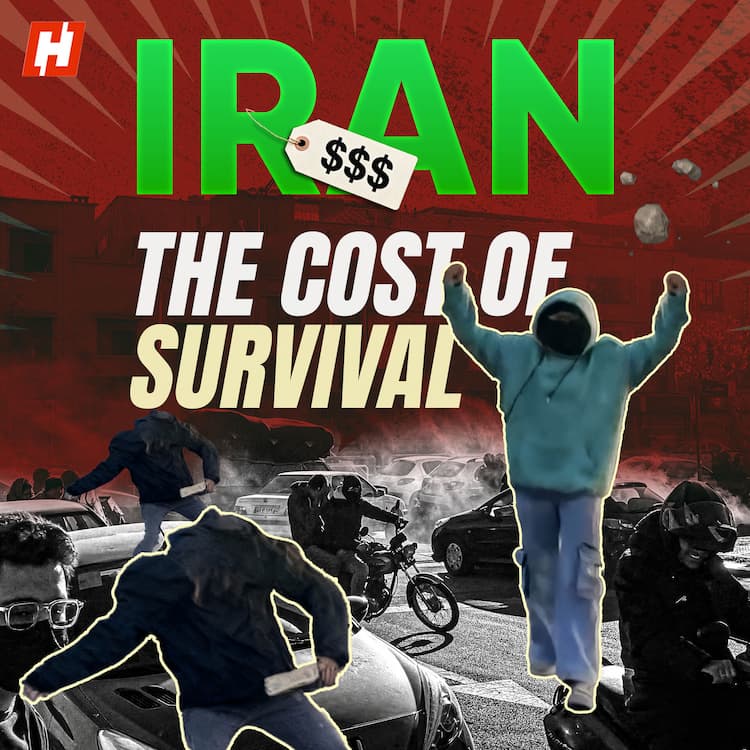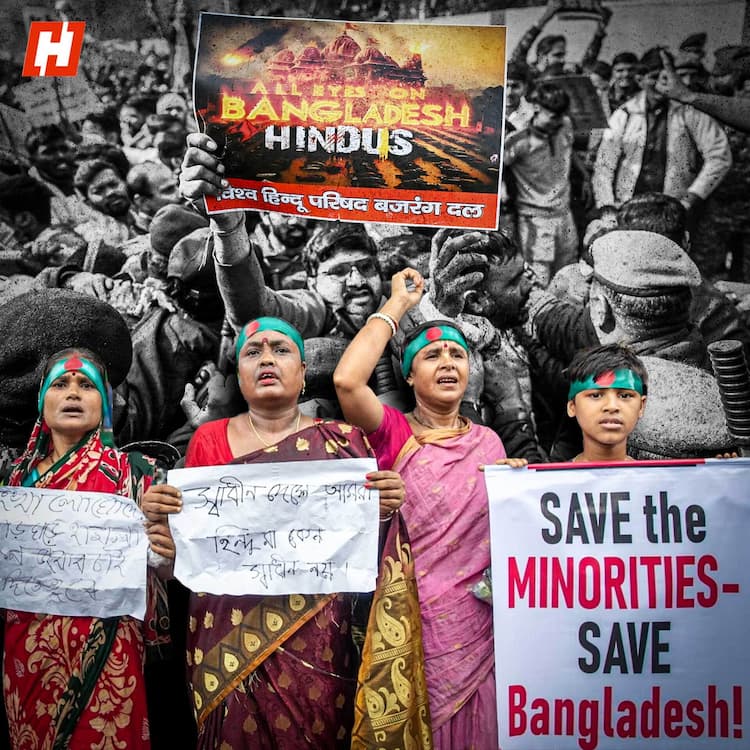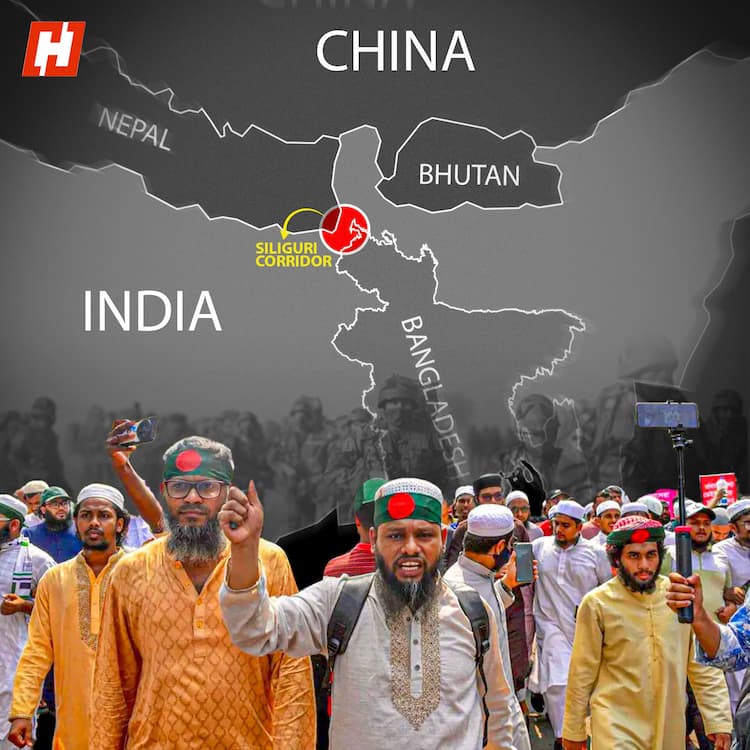Syria seems to be moving forward from its turbulent past. The Arab republic held its first parliamentary elections -- although these were also filled with controversy. The polls closed in Syria on the night of October 5.
These were the first elections held in the country since the fall of Syria's longtime dictator Bashar al-Assad. He was toppled after being in power for over 13 years.
Members of the local committees queued up to vote at Syria's National Library, formerly the Assad National Library, with the electoral commission saying in the evening that "the voting has ended and the counting is underway".
Syria's 'symbolic' elections
The assembly's formation is expected to consolidate the power of Sharaa. 70 out of the 210 seats of parliament will be filled by lawmakers handpicked by President Ahmad al-Sharaa Sharaa himself. The remaining 140, or 2/3rds of parliament, will be selected by local committees appointed by the electoral commission. The commission itself was appointed by Sharaa.
But southern Syria's Druze-majority Sweida province, which suffered sectarian bloodshed in July, and the country's Kurdish-held northeast are excluded from the process for now as they are outside Damascus's control, and their 32 seats will remain empty.
"I support the authorities and I'm ready to defend them, but these aren't real elections," said Louay al-Arfi, 77, a retired civil servant sitting with friends at a Damascus cafe.
"It's a necessity in the transitional phase, but we want direct elections" to follow, he told AFP.
Under a temporary constitution announced in March, the incoming parliament will exercise legislative functions until a permanent constitution is adopted and new elections are held.
Sharaa has said it would be impossible to organise direct elections now, pointing to the large number of Syrians who lack documentation after millions fled abroad or were displaced internally during the civil war.
Speaking from the National Library on Sunday, Sharaa appeared to acknowledge criticism of the process, saying that while "it is true that the electoral process is incomplete... it is a moderate process that is appropriate for the current situation and circumstances in Syria".





